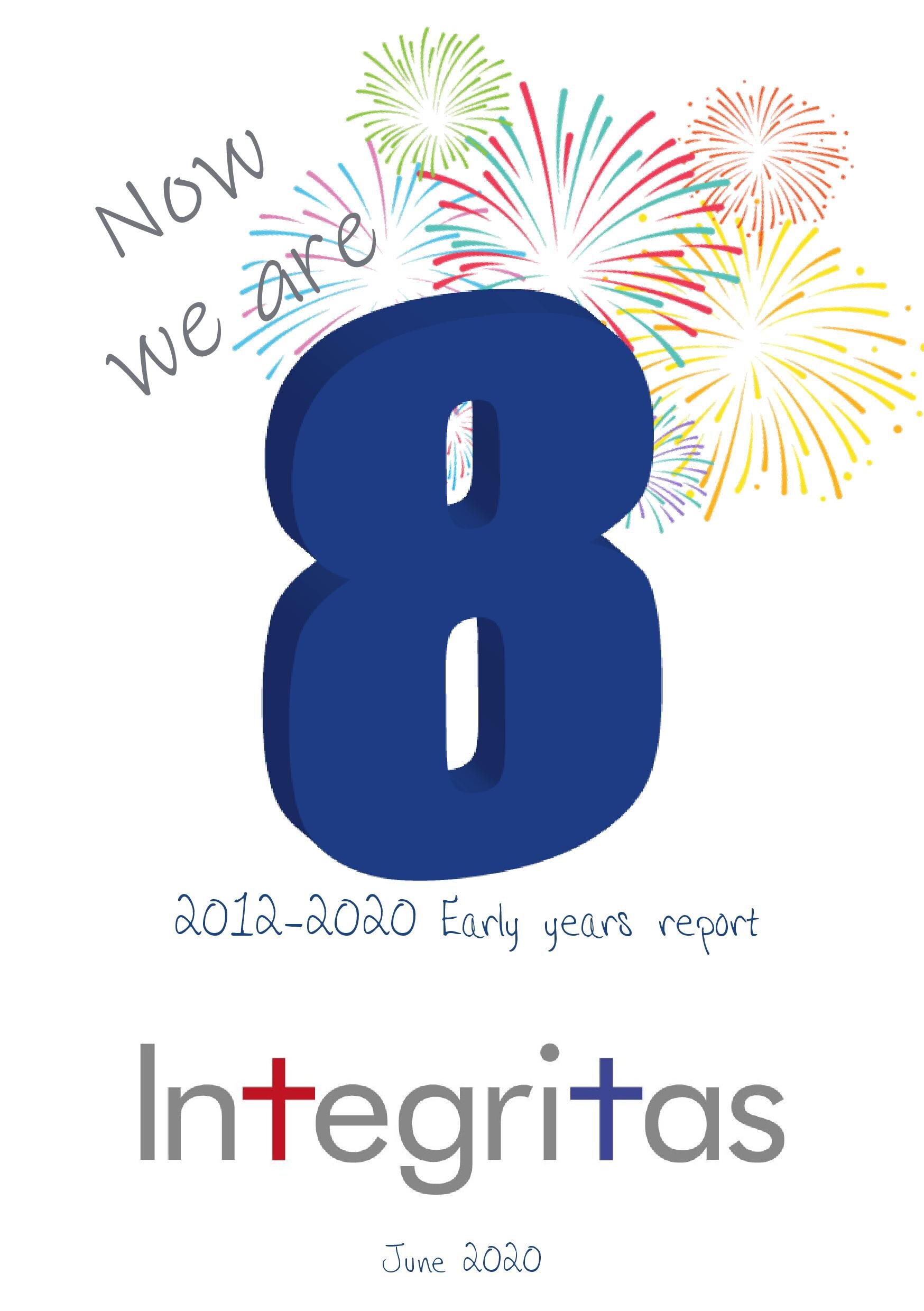09/12/2020
Back on Mothers Day, paranoid schizophrenic Eltiona Skana took a knife along to an English public park and cut the throat of seven-year-old Emily Jones as she scooted along, near to her parents. Now, after being found guilty of manslaughter on the grounds of diminished responsibility, Eltiona has been sentenced to serve at least eight years in a secure hospital; if her mental health improves, she will be transferred to prison.
As a mother who works with mentally ill offenders, I have been moved to tears each time I’ve seen this case in the news. One can only imagine how Emily’s parents may be feeling. It is a profound tragedy with never-ending pain.
Mental healthcare
Eltiona is now under the care of skilled healthcare professionals in a high secure forensic unit. Although caring for a patient of such notoriety is no easy task, the United Kingdom (UK) is blessed with a well-developed high secure forensic psychiatry service.
That said, Eltiona hailed from Albania; had she committed her crime in her homeland, she may well have experienced significantly different healthcare and criminal justice handling. Across the world there are vast differences in both general and forensic psychiatric services, ranging all the way down to total absence. Though I am based in the UK, I have the privilege of travelling widely in my capacity as Integritas Healthcare’ medical director: some of the psychiatric hospitals I have visited make the UK’s 19th Century Dickensian lunatic asylums look positively patient-centred. Some societies do not even recognise mental distress as being related to the concept of health.
Higher stakes
This tragic case is a catastrophic demonstration of the incredibly high stakes at play in the field of psychiatry. It is not a game and we undervalue mental health at our peril. Yet only now, as the COVID-19 pandemic’s psychological sequelae start to be noticed, are many people beginning to consider that caring for their minds may be every bit as important as maintaining their bodies.
The very worst thing that can happen in physical healthcare is the patient’s death. Whilst of course the loss of any life is regrettable, in psychiatry the stakes are sometimes even higher: yes the patient could die (through suicide), but on occasion other people - even vulnerable children such as Emily - also lose their lives.
Undiminished responsibility
Human life is valuable. It should not be undervalued and its safeguarding needs to be paramount. As the pandemic rumbles on, there is increasing financial strain on all public services including healthcare. Managers and politicians are facing tougher-than-ever funding decisions. Those in positions of power should remember this case as an example of the importance of mental integrity.
Locally, nationally and globally, mental healthcare must not remain in the shadows as the diminished understudy to physical healthcare. No, now more than ever, the care of our minds needs to be promoted, well-funded and even expanded. It’s time for our local health authorities, national politicians and world leaders to take responsibility for bringing psychiatry up to the top table. It needs to be recognised for what it is: the equal partner of physical healthcare.



















